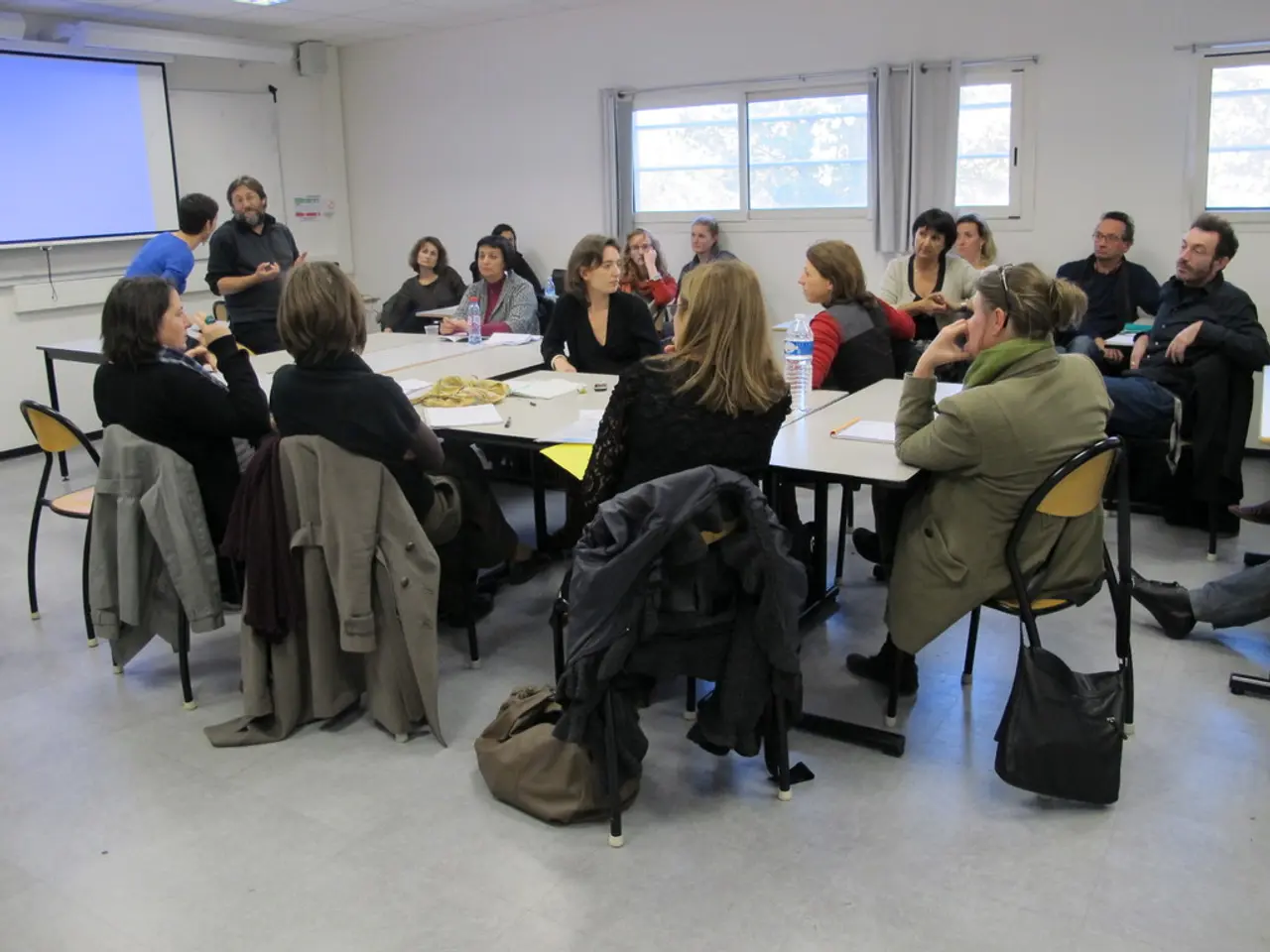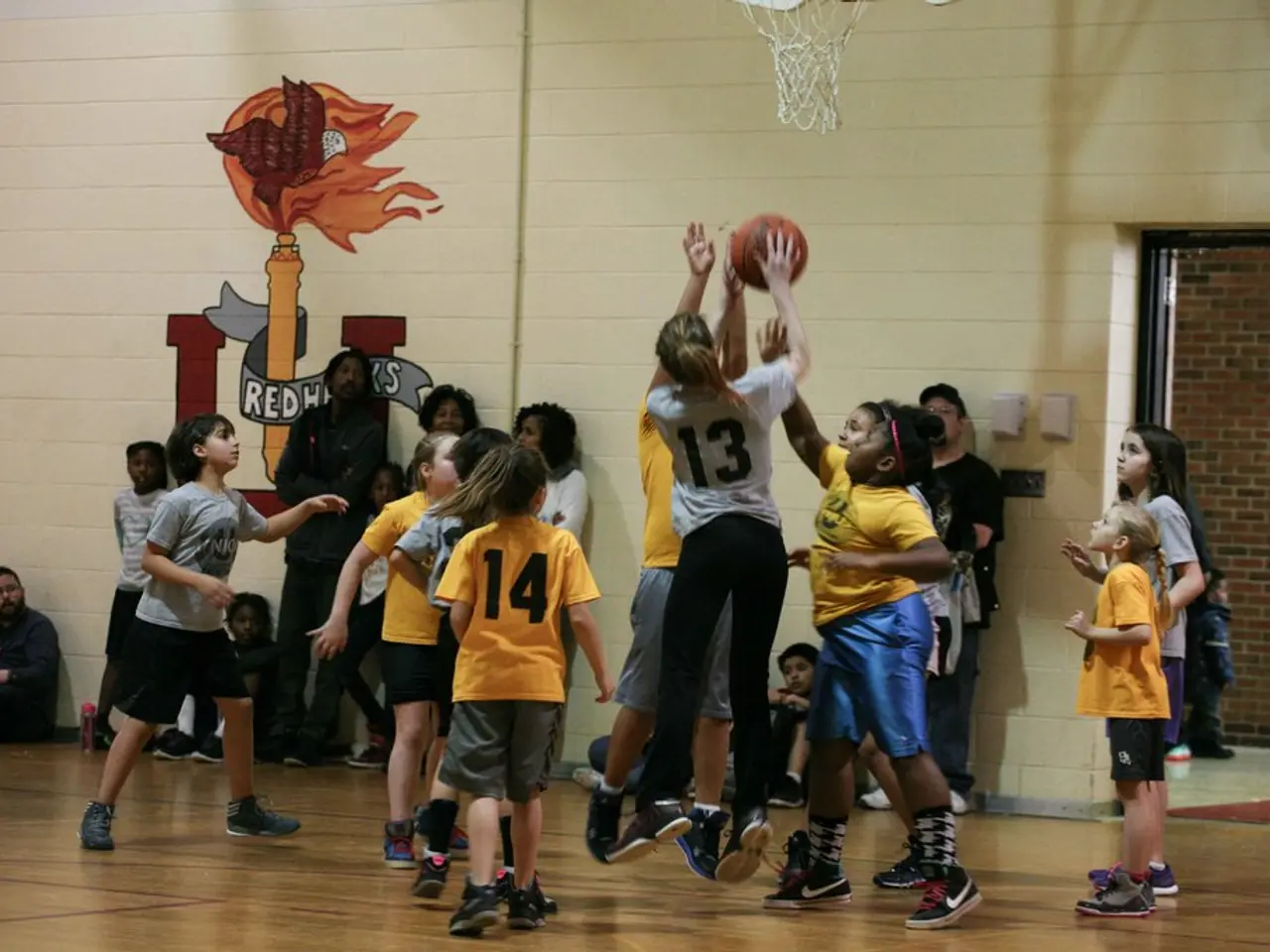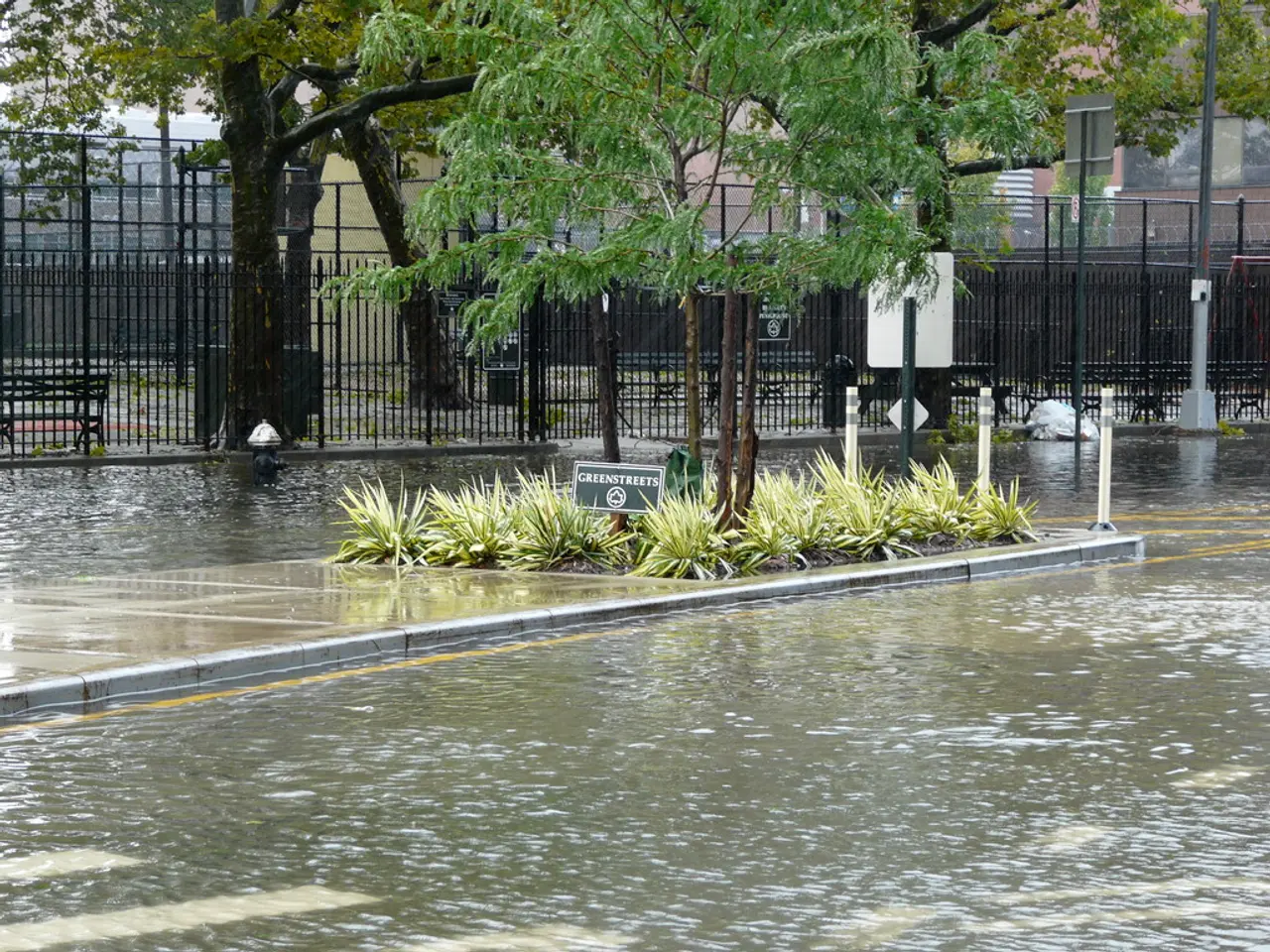Footage of malnourished captives in Gaza boosts calls for Israel to negotiate a truce
In the ongoing conflict between Israel and Hamas, a humanitarian crisis is unfolding in the Gaza Strip, with 49 Israeli hostages still being held by various Palestinian armed groups. According to reports, approximately 20 of these hostages are believed to be alive, facing severe conditions marked by starvation and neglect[1][2][3].
Recent videos released show two emaciated hostages, Evyatar David and Rom Braslavski, highlighting the physical and psychological suffering they endure, including forced starvation and extremely harsh confinement[1][3]. Israeli Prime Minister Netanyahu accuses Hamas of deliberately starving the hostages, while Hamas denies this and attributes their conditions to the overall humanitarian crisis in Gaza caused by Israeli restrictions[1].
The international community has responded strongly to this crisis. The UN Security Council has convened urgent meetings to address the hostage situation, calling for their immediate and unconditional release and condemning the "appalling" treatment of the captives[2][3]. The UN emphasizes that there is no military solution to the conflict, advocating instead for political frameworks including a sustainable two-state solution based on the pre-1967 lines[3].
The League of Arab States has formally endorsed a recent UN conference outcome, calling for Hamas’s disarmament and release of hostages as essential to ceasefire and peace[2]. France, among other countries, has condemned Israeli plans to expand military operations in Gaza, warning that occupation and forced displacement would violate international law and worsen the humanitarian crisis without improving security for Israel or aiding hostage release. France urges Hamas to free the hostages immediately and supports efforts toward a two-state solution and international stabilization missions to protect both Israelis and Palestinians[4].
The situation in Gaza is highly volatile, with ongoing diplomatic efforts focused on hostage release, humanitarian relief, and durable peace frameworks. It is important to note that Israel did not allow any food, medicine, or other goods to enter Gaza from early March until mid-May[1]. The United Nations reports that nearly 1,400 Palestinians have been killed while seeking aid since mid-May, mostly by Israeli forces[1].
Images of starving Palestinians in Gaza have drawn international condemnation of Israel's conduct, with the International Committee of the Red Cross calling for access to the hostages[1]. Families of hostages have protested in Tel Aviv, Israel, demanding the release of their loved ones from Hamas captivity in the Gaza Strip[1]. Hamas is ready to respond positively to Red Cross requests to deliver food to hostages, if humanitarian corridors for aid deliveries are opened in a "regular and permanent manner" in Gaza[1].
As the crisis continues, it is crucial for all parties involved to prioritize the welfare of the hostages and to work towards a peaceful resolution that ensures the safety and well-being of all civilians in the region.
References: [1] Associated Press (2025). "New videos show emaciated Israeli hostages in Gaza." [Link to article] [2] United Nations (2025). "UN Security Council condemns treatment of Israeli hostages in Gaza." [Link to article] [3] League of Arab States (2025). "Statement on the situation in Gaza." [Link to statement] [4] French Foreign Ministry (2025). "Press release on the situation in Gaza." [Link to press release]
- The international community has expressed concern about the position of the Israeli hostages held in Gaza, with the UN Security Council urging their immediate and unconditional release.
- France, among other countries, has criticized Israel's plans to increase military operations in Gaza, asserting that such actions would exacerbate the ongoing war-and-conflicts and worsen the humanitarian crisis without contributing to a resolution.
- The League of Arab States has advocated for the disarmament of Hamas and the release of hostages as essential to establishing peace, while also supporting a two-state solution in the broader context of politics in the region.
- The UN emphasizes the need for general-news reporting to include the conditions of the hostages, as well as the impact of crime-and-justice infringements on their welfare during the ongoing conflict and humanitarian crisis.







